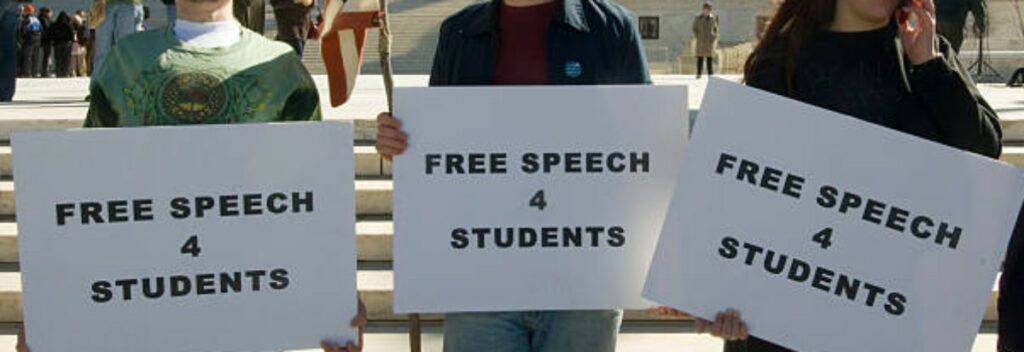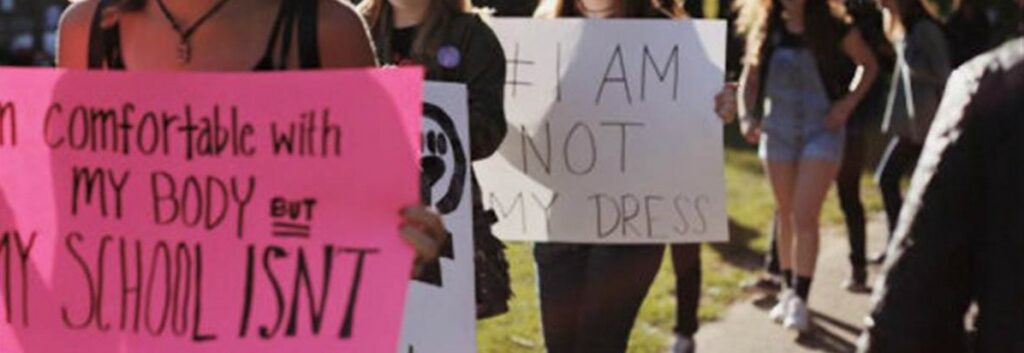Everyone has the right to freedom of expression and shouldn’t be forced to participate in any rituals that go against their personal beliefs. For students in public schools, this includes the right to keep silent or sit down during the Pledge of Allegiance or national anthem.
Your Constitutional Right to Not Say the Pledge of Allegiance
In 1943, the United States Supreme Court confirmed that students in public schools have a right to not participate in the Pledge of Allegiance. At the time, the West Virginia Board of Education required all public school teachers and students to salute the flag and recite the Pledge of Allegiance. Two students, Gathie and Marie Barnett, refused to participate, stating that it violated their personal beliefs and religion, and were expelled. They brought a suit, along with other students who had refused, which finally ended up at the US Supreme Court. In a 6-3 vote, the Court ruled that it is unconstitutional to compel students to salute the flag and recite the Pledge of Allegiance.
Since then, the rights of students have been clarified further. Federal courts have decided that not only can you keep quiet during the pledge, but you can also sit down or raise your fist in protest, as long as you are not disrupting others.
However, many teachers and school administrators either don’t understand the law or still feel that it is okay to force students to participate. In recent years, students have been suspended or had their grades lowered for not saying the pledge. Teachers have also intimidated students and even physically forced them into standing for the pledge. These attempts to punish or force students into saying the Pledge of Allegiance are illegal and unconstitutional.
Parental Permission Required for Some Students
Currently, there are three states, Florida, Texas, and Utah, that require students to have permission from their parents in order to opt out of the Pledge of Allegiance. This extra requirement violates the right of young people to make decisions about their own beliefs. Parents may withhold their permission for a number of reasons or students may decide they don’t want to say the pledge before they are able to contact their parents.
Unfortunately, the Eleventh Circuit Court of Appeals decided that requiring parental permission in order opt out of the pledge does not violate the rights of young people. In Frazier v. Winn (Eleventh Circuit, 2009), the Court concluded that “the state’s interest in recognizing and protecting the rights of parents on some educational issues is sufficient to justify the restriction of some students’ freedom of speech.”
What you can do
Things to Remember
- Students have won the right to not participate in the Pledge since 1943!
- You are allowed to visibly protest – sit down, kneel, raise your fist – as long as you don’t prevent other students from participating.
- Any kind of pressure from teachers or administrators to participate, even if not strictly punishment, can be a violation of your rights and possibly illegal.








